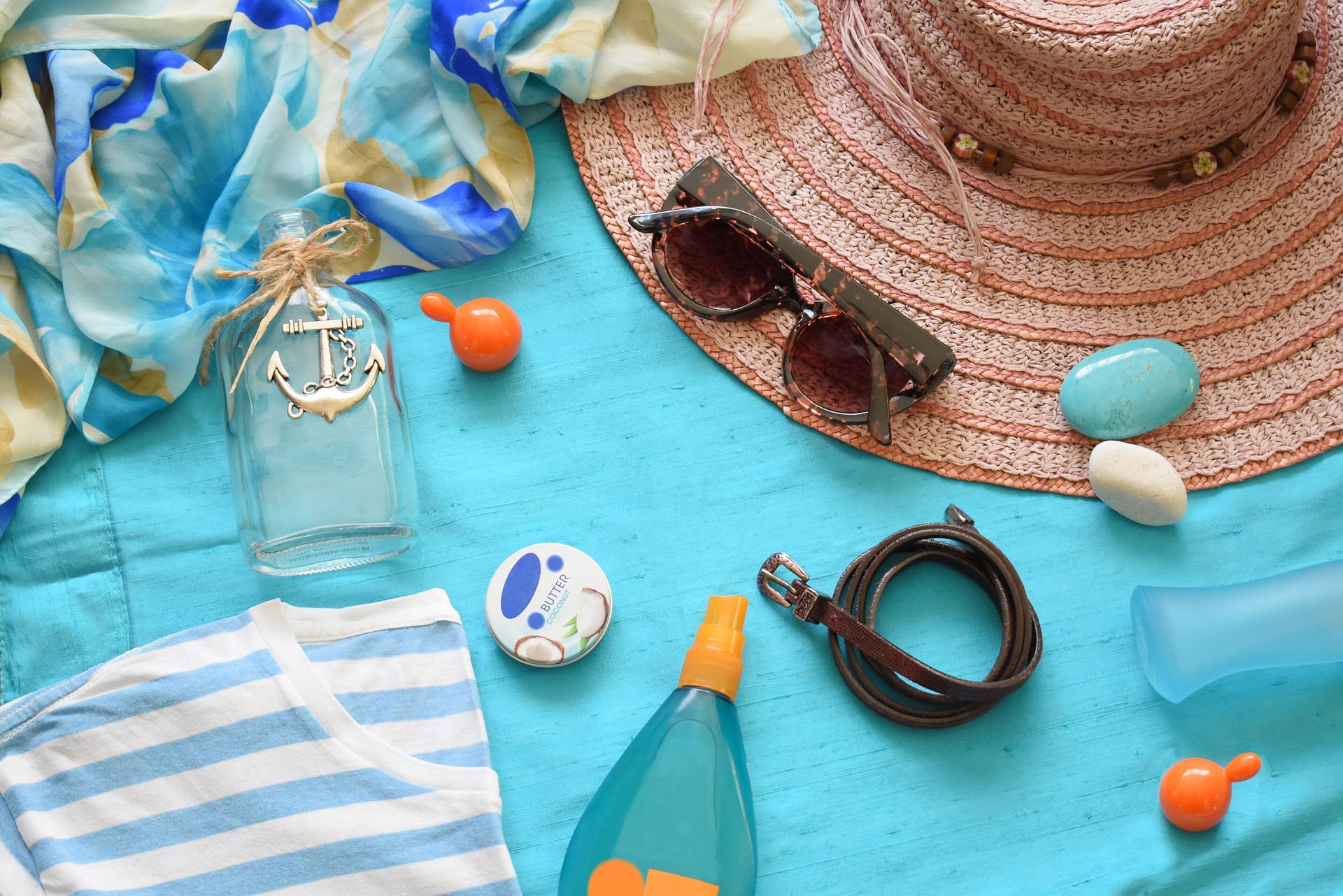- By Calypso Cavallo
- August 11, 2022
- Skincare
- Comments:1
Summer is the official season of sunscreen. It is sold everywhere, from supermarkets to drug and beachfront stores. But is sunscreen effective in preventing sunburns and skin cancers? What does affect their efficiency?
Calypso Cavallo tells you everything you need to know!

Is sunscreen effective?
We are always told to put on sunscreen before sun exposure. Why? How does a thin layer of sunscreen or SPF-containing lotion prevent our skin from burning? Those products contain molecules that can block UVA and UVB light. UVA makes your skin produce more melanin and makes you tanned. But it is also suspected of causing skin aging and increasing the risk of skin cancer. UVB light is the one responsible for sunburns.
Nowadays, most sunscreens are effectively against UVA and UVB to keep your skin safe. However, to be effective, we must reapply any sunscreen every one or two hours after swimming or showering, as it does not stay on your skin all day. The SPF level is less critical than reapplying the product often. Even a 200 SPF lotion or cream is washed out by sweat or water. This is the catch of high SPF products, most people who use them believe they can stay in the sun for hours without reapplying, which leads to sunburns most of the time.
Sunscreen is not the only way to prevent sunburn
Is sunscreen effective? Yes. Is it enough to protect your skin? Yes and no. Using sunscreen when going into the sun is a must, but there are body parts that need extra protection, such as your face. The skin of your face is thinner and more delicate than the rest of your body, so it deserves special treatment to keep it safe and healthy while tanning or exploring the great outdoors. Always wear sunglasses to protect your eyes from excessive light and prevent the delicate skin around your eyes from burning. Wearing a big hat is an excellent way to protect your face and look your best.
Depending on your skin type and ethnic origin, you can wear anti-UV clothes for extra and more durable protection. We are not equal when it comes to sun exposure risks. People with light skin are more sensitive to UV light than people with darker skin. So, if you are more sensitive to the sun, you can opt for a more covering bathing suit or an anti-UV t-shirt to enjoy the beach without ending the day feeling like a cooked lobster!
It is also advised to avoid tanning from 12:00 to 16:00 and to have some shadow to give your skin a break from constant sun exposure.
Is sunscreen safe and how to choose it?
Most sunscreens are safe; however, it is advised to check the ingredient list to ensure your sunscreen does not contain oxybenzone and avobenzone. In addition to being suspected of causing cancer, they are harmful to corals and were banned from Hawaii and other destinations to protect the environment and sealife. If you visit those regions, buying sunscreen locally is better than taking one in your suitcase. You will be sure not to cause any harm!
As mentioned before, the SPF index is not that important: you must reapply sunscreen often to keep it effective, regardless if it is SPF15 or SPF200. The best sunscreen is the one you use every time you go to the sun and reapply often. That drug store-bought basic, white, and sticky sunscreen won’t be more efficient than the cool online purchased tanning oil with an SPF if you are reluctant to apply it, so go for the one you feel the most comfortable with!
